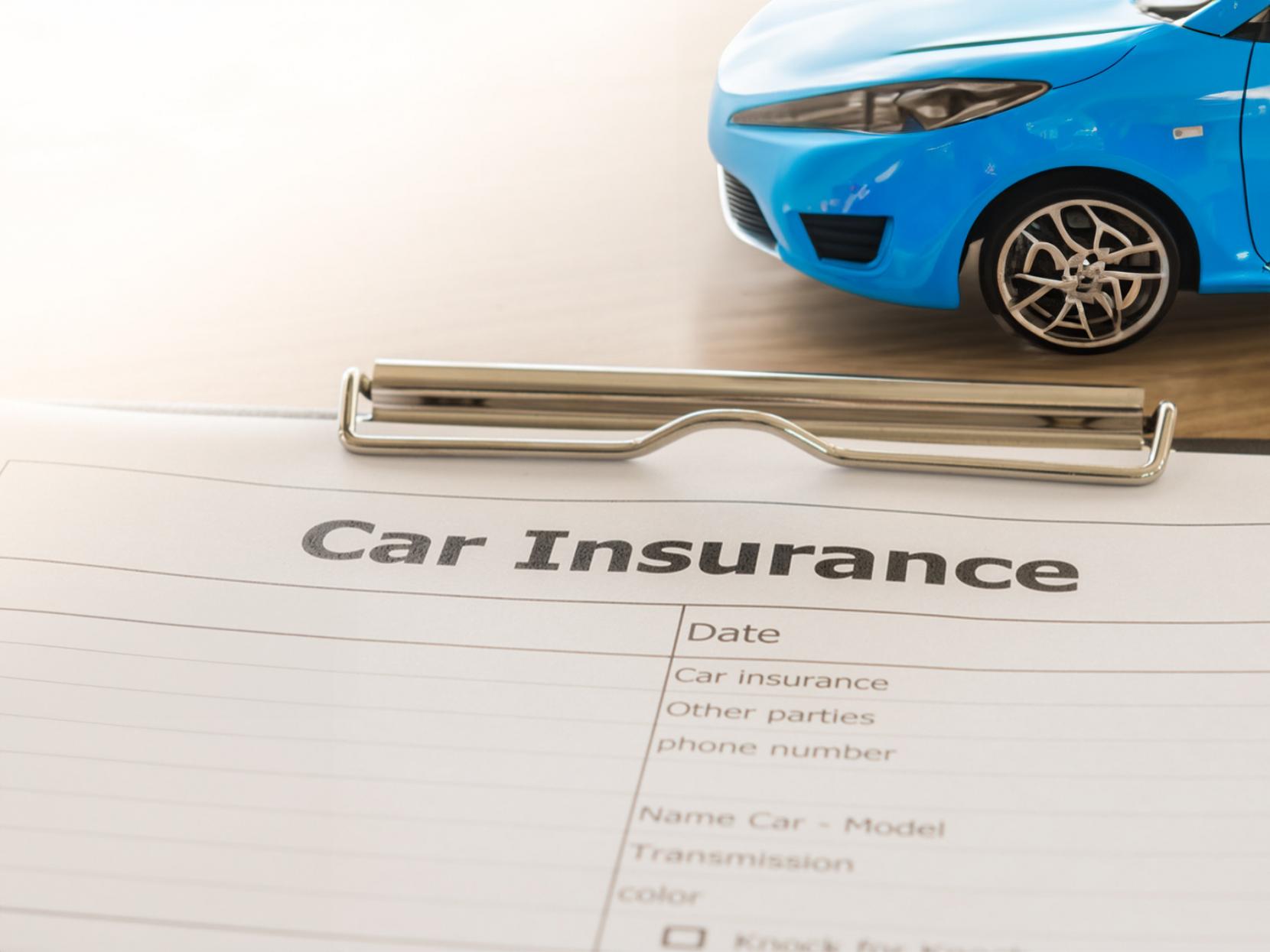Great to hear that you just bought your first car! Owning a car gives you many options, but it also means that you have to take care of several things. Taking out the right car insurance is one of the most important. Finding your way in the insurance world can be tricky, but don’t worry: we have the information you need to make an informed choice.
1. Learn the Basics
Let’s go over the basics first and then get into the details. In many places, having car insurance is the law. It can provide you with financial protection in the event of a collision, theft, or other unexpected events. Policies typically consist of several components, such as liability coverage, accident coverage, full coverage, and coverage for uninsured or inadequately insured drivers.
2. Find out What You Need
If this is your first time buying a car, your needs may differ from those of someone who has driven a car before. Consider factors such as the make and model of your car, your driving style, and your income. A brand-new car may require full coverage. For older cars, liability coverage may be sufficient. Review your case to find the coverage that best suits your needs.
3. Market Comparison
If you are buying a car for the first time, you should look for the best car insurance. Get quotes from many different suppliers, including established brands and new entrants to the market. Don’t just look at the premium, but also at the premium. Also take into account any additional costs, such as deductibles, coverage limits, and roadside assistance.
4. Save Money with Coupons
Often insurance companies offer savings that can significantly lower your premiums. If you are of a certain age, have good driving experience, or have completed defensive driving training, you may be eligible for a starter discount. Read more about discounts to take advantage of your savings.
5. Get a Good Driving Record
The amount of coverage you pay largely depends on your driving behavior. Safe driving not only keeps you and others safe on the road, it can also help you save on insurance costs in the long run. To get a good driving record, you must follow traffic rules, avoid collisions, and be a responsible driver.
6. Ask for Help
If all the insurance jargon seems overwhelming, don’t be afraid to ask for help. Talk to an insurance company, family member, or friend who owns a car and has experience using it. Their advice can help you make informed choices and avoid common mistakes.
7. Find Policy Conditions
It is important to understand the rules and limitations of the insurance policy you choose. Spend some time reading the fine print and asking questions if anything is unclear. Pay close attention to coverage limits, any deductibles, and anything the policy may not cover. If you know exactly what your insurance covers, you won’t be faced with any surprises when you make a claim.
8. Take Budget Limitations into Account
As a new car owner, you probably don’t have a lot of money to spend. It may be tempting to choose the cheapest insurance plan, but it’s important to find a good mix between cost and coverage. Keep in mind that a slightly higher rate may mean better coverage, saving you money in the long run.
9. Check Your Coverage Regularly
Insurance benefits should vary based on your needs. Your policy should be reviewed regularly and any changes made based on changes in your income, the value of your car, or the addition of a new driver to your family. This proactive approach ensures your coverage meets your changing needs.
10. Take Advantage of Online Tools and Resources
If you’re looking for insurance for your first car, the Internet is a great place to start. Read customer reviews and use online tools to learn about different policies and compare quotes. Many insurance companies also have easy-to-use apps that allow you to manage your policy, file claims, and quickly access important documents.
11. Falling Behind Telematics Technology
Many insurance companies offer telematics systems to track how you drive. By putting a device in your car or using an app on your phone, you may be able to get a discount based on how safely you drive. This is especially useful for first-time buyers who want to lower their house prices.
12. Prepare a Claim
If something bad happens, like an accident or theft, you need to know how to file a claim. Find out what to do, including taking notes at the scene, sharing information with others involved, and calling your insurance company immediately to report the accident. Preparing in advance can speed up the claims process and get you back on the road faster.
Conclusion
New car buyers can feel confident in their ability to manage the world of auto insurance by staying informed, making informed decisions, and being open to change. Remember, our goal is not only to comply with the law, but also to protect the safety of yourself, your investment, and other drivers. If you have the right insurance, you can enjoy the public road with peace of mind.
FAQs
1. What’s the point of getting car insurance for the first time?
In many places, having car insurance is the law. It can provide you with financial protection in the event of a collision, theft, or other unexpected events. It keeps you, your car, and everyone else on the road safe.
2. What insurance do I need for my first car?
The coverage you need depends on factors such as the make of your car, driving style, and budget. Consider liability coverage, accident coverage, full coverage, and coverage for uninsured or inadequately insured drivers.
3. How can you get car insurance without breaking the bank?
Request quotes from multiple insurers and compare them. Check whether you can get a discount based on your age, driving record, and whether you have completed defensive driving training. Finding the right mix between costs and coverage is important.
4. What deals are available for first-time buyers on the housing market?
First-time car buyers may be able to get discounts based on age, driving record, or completion of a defensive driving course. Read more about discounts to take advantage of your savings.
5. How can I get good grades?
Follow traffic rules and drive safely to avoid car accidents. A clean driver’s license not only keeps you and others safe, but it can also help you save on insurance costs over time.
6. What should I pay attention to when viewing the policies?
Read the policy’s limitations, deductibles, and list of exclusions. Make sure you know the rules of your policy so you don’t get any surprises if you need to make a claim.

